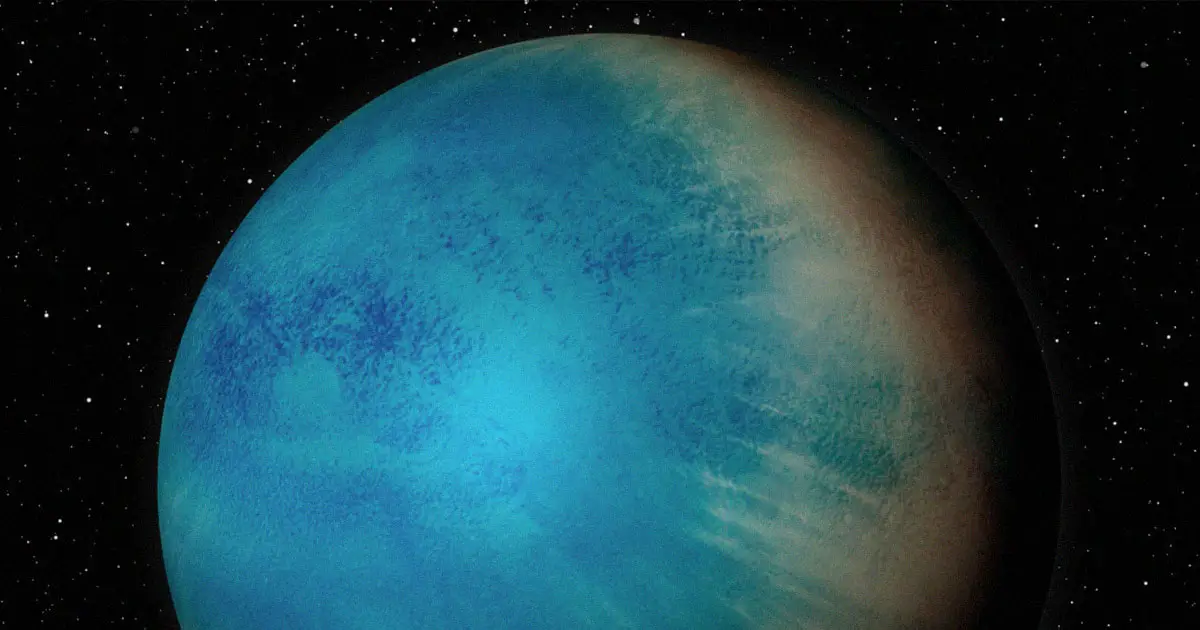A group of astronomers from all across the world have made yet another incredible find: they’ve found an “ocean planet.” They claim that this possible planet was discovered in a binary system and is circling a star. Space lovers have been astonished by the finding, and to our curiosity, we know that we could easily learn even the minute information about this planet since we have access to some of the most advanced space technology, not to mention the James Webb Telescope.
This ocean planet has also been discovered to be roughly 100 light years from Earth, yet this is undoubtedly no little achievement in space research. Of course, the finding of this possible planet has widened the scope of the hunt for extraterrestrial life, and if the team’s plans come to fruition, the results might be fascinating.
The exoplanet, known as “TOI-1452b,” is said to be more massive and larger in size than the Earth. Additionally, the planet has a 30% mass proportion of water, making it somewhat wetter than Earth. The Earth only makes up a tiny fraction of this, at less than 1%. If we compare TOI-1452b’s characteristics to those of Earth, we find that they are both equally rocky planets.
Additionally, it is predicted that the prospective planet would be in a “habitable zone,” which means that liquid water will likely exist on its surface. TOI-1452 b is one of the greatest possibilities for an ocean planet that we have identified yet, according to Charles Cadieux, the main author and a Ph.D. candidate at the Université de Montréal. Its mass and radius indicate a far lower density than one would anticipate for a planet like Earth, which is mostly composed of metal and rock.
How the researchers discovered it in the first place remains a mystery. You would be shocked to learn that indications of this planet were found in the data gathered by NASA’s Transiting Exoplanet Survey Satellite (TESS) satellite telescope. The scientists utilized an observatory called the Observatoire du Mont Mégantic to further corroborate these indications (OMM).
The James Webb Telescope, according to co-author and Université de Montréal professor René Doyon, “may prove to be vital to better understanding TOI-1452 b,” therefore the team is now aiming to make use of its magnificent capabilities. He said, “We will schedule time on Webb as soon as we can to examine this unusual and fascinating planet.”
Source: Wonderfulengineering

